Andrea Madeley spent Mother’s Day nine years ago sitting at her dining room table sifting through witness statements detailing her son Daniel’s fatal workplace accident. For nearly six years she had waited for a coronial inquest into the death of her only child – and longed for justice.
The ordeal motivated the grieving mum to embark on a law degree, which has catapulted her into a new job starting next week – one she hopes will help other families avoid the bureaucratic nightmare she faced when Daniel died, aged just 18.
The young apprentice toolmaker sustained life-threatening trauma to his chest, abdomen and legs after his dust coat became entangled in an unguarded, 40-year-old boring machine, on June 5, 2004, on the factory floor of Diemould Tooling Services in Edwardstown. He died 24 hours later at Flinders Medical Centre.
It was an accident the coroner later found could and should have been avoided. “For the first six months, I wasn’t angry – I just felt incredibly sad and empty,” Madeley says. “God it was horrible.”
For a long time, Madeley spent lonely hours remembering her boy in the home they had shared in Adelaide’s southern suburbs. “We had this wonderful routine where we’d clean the house after school on Fridays and then I’d take him out for dinner,” says Madeley, now living in the Barossa Valley.
“I can still see this little person sitting across the table from me eating his Chinese – he was just a really lovely kid. He was massively sensitive as a child and I was very protective of him. Then he blossomed into the ‘cool’ kid as a teenager – he was very handsome and was always very kind. He always had great mates too – even to this day they still visit – his death had a huge impact on all of them.”
Daniel would have turned 33 this January. “He was the sort of person who would have looked forward to settling down – he loved kids and I could have easily seen myself as a grandmother.”
The turning point in Madeley’s deep grief came when the fog lifted after his death and she began to ask questions.
She wanted to know what had actually happened on the day her son died, and she kept coming up against a bureaucratic brick wall.
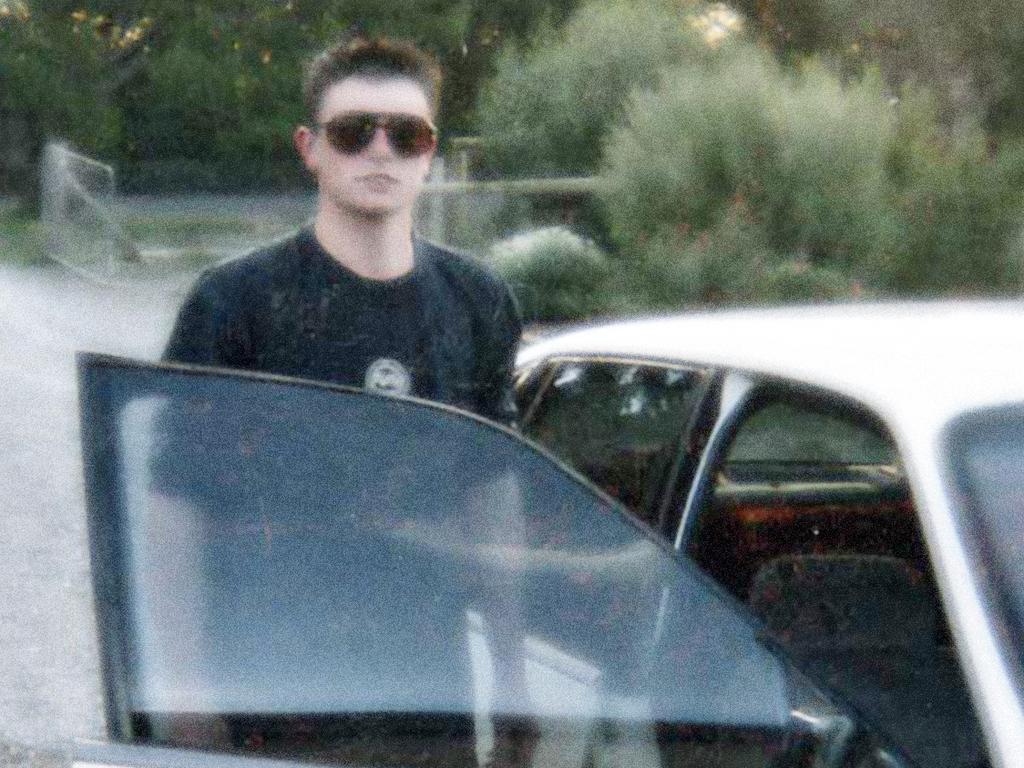
“The company shut the door and the regulator drip-fed me what they thought they could. I think it was at this point that my frame of mind shifted,” she says.
“From then on I had my nose inside any book, or web page, in an attempt to wrap my head around what was controlling all this. I didn’t want or need the sympathy anymore. I wanted answers.”
It took SafeWork SA (then Workplace Services) one month before the statutory time limit – and almost two years from Daniel’s death – to lay a complaint against the Engineering Employers Association SA Group Training Scheme (EEAGTS) and Daniel’s employer Diemould.
EEAGTS quickly pleaded guilty and were fined $60,000. But it took Diemould until June 2009 – five years after Daniel died – to be fined.
Madeley spent hours in court, struggling to follow the jargon and statutory interpretations surrounding Diemould’s case that led to appeal after appeal. She often felt, through all the legal argument, that the purpose of their presence in court was being lost and that Daniel’s death was being marginalised.
“I sat in (court) listening, trying to follow the discussions,” she recalls. “Most of it was really hard to follow – more expensive lawyers with the wigs and gowns.
“I was just determined to make sure they saw the kid’s mother at (every hearing). It didn’t matter that I didn’t have a full understanding of what they were talking about. They needed to remember that someone died. That’s why we were there. Someone died.”
Diemould was ultimately fined $72,000 after pleading guilty to an amended complaint that went all the way to the Supreme Court and then the High Court of Australia.
It wasn’t until May 2010 – five years and 11 months after Daniel died – that a coronial inquest began. The inquest could not be held until after the completion of criminal proceedings. It ran for 10 full days.
Madeley remembers spending Mother’s Day in 2010 sitting at her dining room table sifting through witness statements for the first time, struggling to make sense of what was in front of her.
“Some of the statements from Danny’s co-workers and other apprentices I had to stop reading. They were so incredibly graphic,” she says.
The statements offered her a detailed analysis of the day Daniel died that she had not known before, despite having already spent so much time hearing evidence in court. As painful as it was, she read all those statements. “Reading these words on paper reassured me that my frustration and anger was completely justified,” Madeley says. “Until then, I had been sheltered from most of it – and that outraged me.”
She said the statements began to fill in the gaping holes left behind by the long and difficult legal process so far.
“It was hard to fathom that after six years and countless hours sitting in the public gallery of court rooms; discussions with SafeWork SA, many conversations with the Crown – and yet so many missing pieces were exposed.”
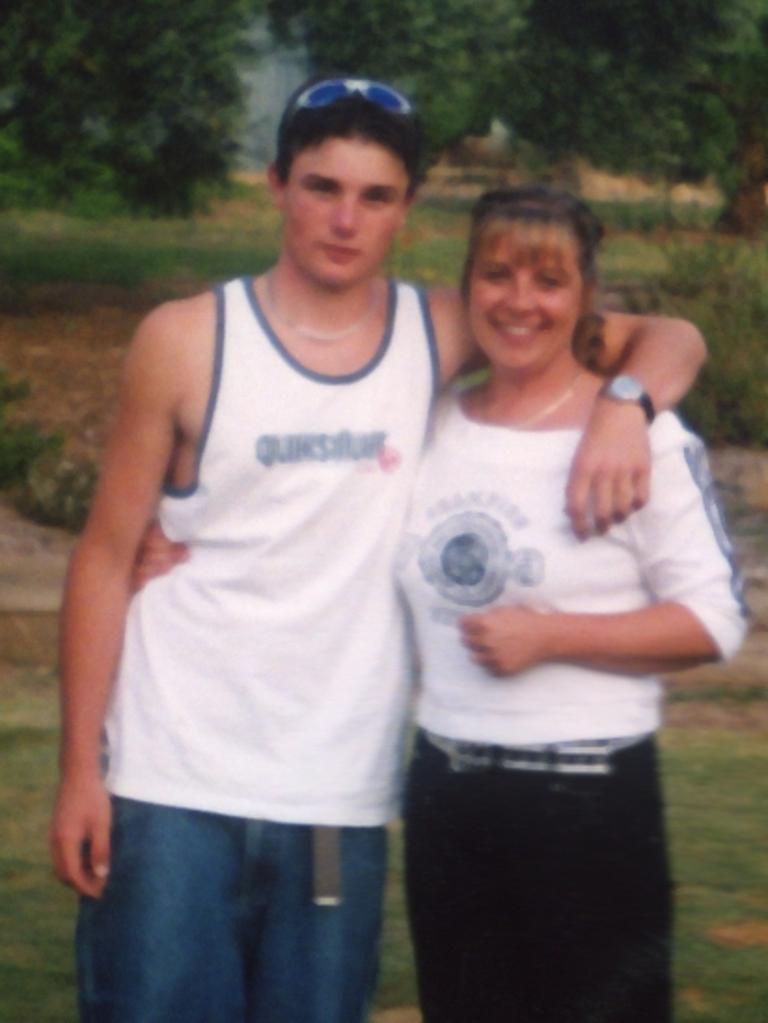
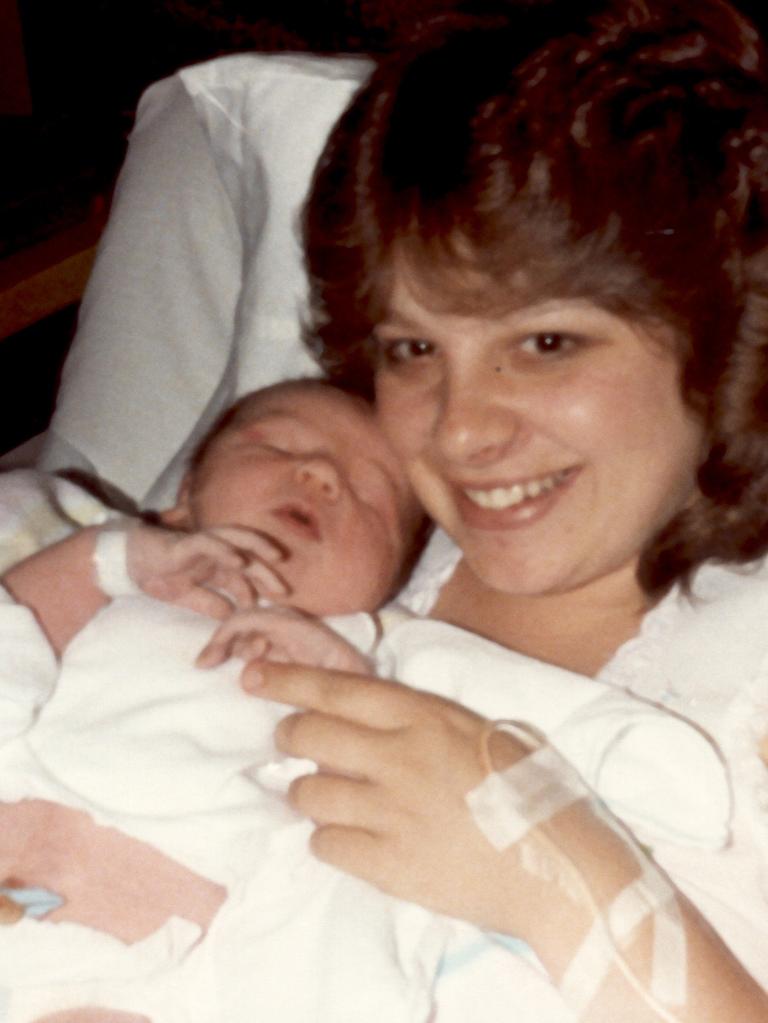
The inquest, she says, finally helped her complete the picture of Daniel’s final moments and what led to them.
“That’s why (Daniel’s death) was so traumatising – to have it all sugar coated or hidden for so long,” she says. “That scene at his workplace, with every piece of information, as it became available to me, I could imagine it. As ugly and traumatic as that picture became, in the end, filling in the gaps made a difference.”
She also had to deal with the additional trauma of Coroner Mark Johns’s findings that the Diemould factory was “clearly unsafe” and that Daniel’s “tragic death was entirely preventable”.
“I simply cannot understand how such a workplace existed in South Australia in 2004,” the coroner said at the time.
He made recommendations, including the establishment of a SafeWork SA committee to spotlight the inspection regimes of SafeWork SA in the lead-up to and after Daniel’s death.
The coroner also suggested reforming the law around criminal prosecution for fatal industrial accidents. He said it was wrong that the prosecution of Diemould took five years and that there must be a better way.
He proposed families of workplace victims could elect to have an open, public inquiry convened within 12-18 months of a workplace accident rather than wait for criminal proceedings that may see no evidence come to public light and may take three times longer.
To date, Madeley says, this coronial suggestion has been ignored. “After the Coroner’s findings, I was completely spent,” she says. “I was exhausted. I was looking into my future and I saw nothing. Squat. No dreams. No visions. Nothing. I just hurt.”
An irreversible tipping point did come a few months after the inquest findings were handed down while Madeley was reading a newspaper article.
She discovered a host of taxpayers’ money had been awarded to South Australian manufacturers through the South Australian Innovation and Investment Fund. One of the businesses awarded funding she had recognised as being connected to Diemould. “I was just dumbfounded,” she says. “It was so unfair. How can a corporation found guilty of a criminal offence – causing a death – simply morph its identity into something different and be rewarded with taxpayer funds to expand and grow?”
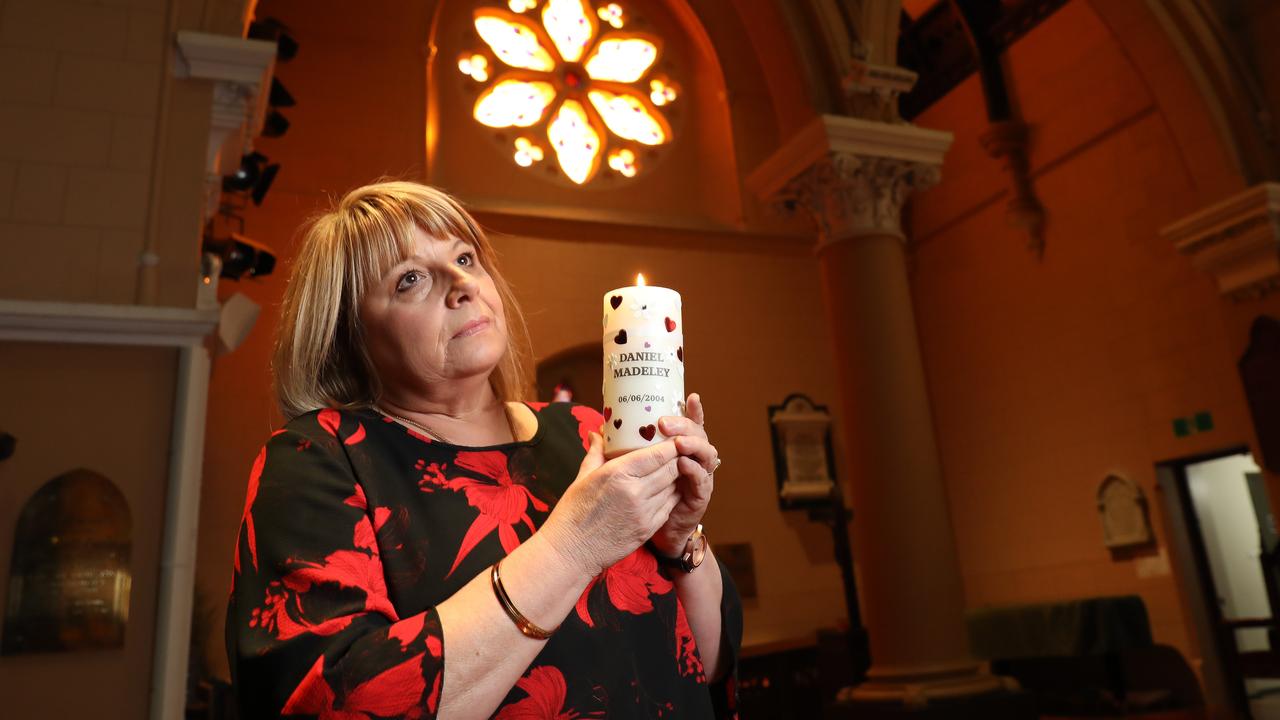
She was propelled into action. Madeley no longer wanted to be a bystander in the legal process – she wanted to be a part of it and change it. In 2011, Madeley sat the special tertiary admission test and was accepted to study law externally through Charles Darwin University. “It was especially challenging because I worked on my own and generally had to figure out a great deal of what I was learning alone,” she says.
While studying law, Madeley started contemplating how she could change legislation from the inside out and started to set her sights on Parliament House.
“One of the most important lessons I pulled from my studies was the importance of well-drafted legislation,” she says.
So she ran as an Upper House candidate for Nick Xenophon’s SA Best party in March last year. “It seemed like a logical step forward and I thought I might have made a half decent politician.”
She didn’t win and realises now that she just didn’t have the resilience needed to survive politics.
After the election, Madeley returned all the more focused to her studies. She graduated with a Bachelor of Law (Honours) in June 2018.
The former teenage rebel from Hallett Cove walks into her new job at a law firm in Adelaide next week – 15 years almost to the day her only child was tragically killed at work.
“I haven’t just got a fire in my belly, it’s a fire storm,” Madeley says. “Obviously, I have my heart set on representing people just like myself – those who have been hurt and wronged.”
The worker’s compensation scheme in Australia, Madeley says, inflicts further injury on families already damaged by so much loss. She says the “no fault” system’s protracted investigative process and absence of access to justice for families compounded the damage of such tragic loss – loss that could be emotional, physical, mental and financial.
“We are not talking about a normal grieving process here – the system itself causes psychological harm,” she says.
“It hurts those left behind – those who have done nothing wrong. There needs to be access to justice.
“Until then, there is no opportunity for people to rebuild their lives, they remain trapped in this vortex – that’s how I felt – I felt like I was trapped in a vortex with my dead son.”
Madeley’s journey – and dogged pursuit of answers – is one of the reasons she founded VOID (Voice of Industrial Death) in 2006 to minimise the damaging impact workplace fatality has on victims and their families.
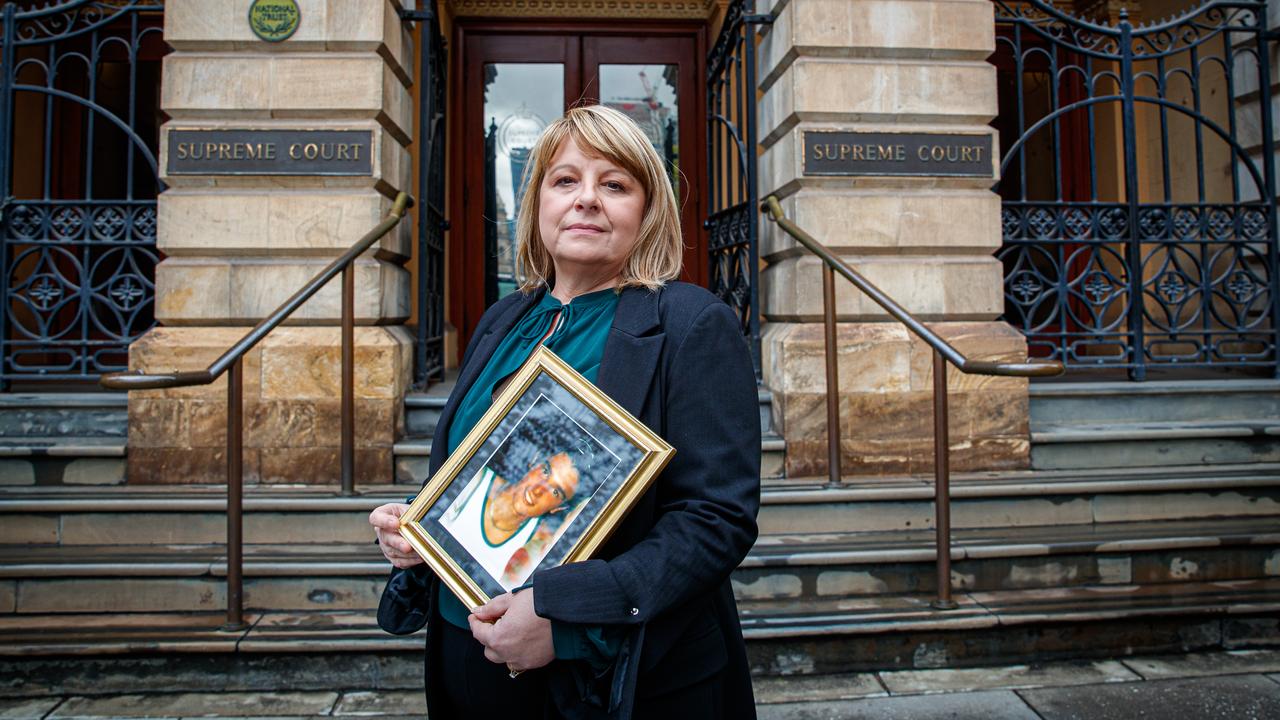
Today, VOID has more than 50 active members, and has been hosting a Workers Memorial Day ceremony in Adelaide each year for the past 12 years.
The event, held in April on International Workers’ Memorial Day, commemorates those who have died as a result of unsafe work practices and remembers those left behind to pick up the pieces. This year, 34 families affected by workplace fatalities attended the ceremony in which a growing roll call of names and faces identifies those killed at work from as far back as 1948. Families come from across the state to light a candle for their loved ones during the ceremony.
In South Australia, on average, 14 people are killed each year due to workplace injury and 7400 serious claims are made annually. “There’s an awful lot of people out there just like me,” Madeley says.
It’s why she is still ready to fight for change.
In the past six months, Madeley’s made three submissions – including one to the Senate inquiry into workplace deaths.
Her latest documented advice was to SafeWork SA executive director Martyn Campbell in relation to Coroner Mark John’s recommendations into the death of Jorge Castillo-Riffo in 2014.
Mr Castillo-Riffo died operating a scissor lift at the new Royal Adelaide Hospital construction site.
At the end of the inquest into Mr Castillo-Riffo’s death, the coroner repeated his call for legal improvements to the system.
“I’m not finished with that law reform,” Madeley says.
Now armed with qualifications, Madeley is ready to start working for change. She credits a great deal of reaching this point to her partner Sam – “none of this would have been possible without him; he’s been my rock” – and to Daniel.
“Daniel was denied his life,” Madeley says. “And so I feel that I must justify my time on this Earth.
“Where I am now is because of him.
“I want to honour him.”

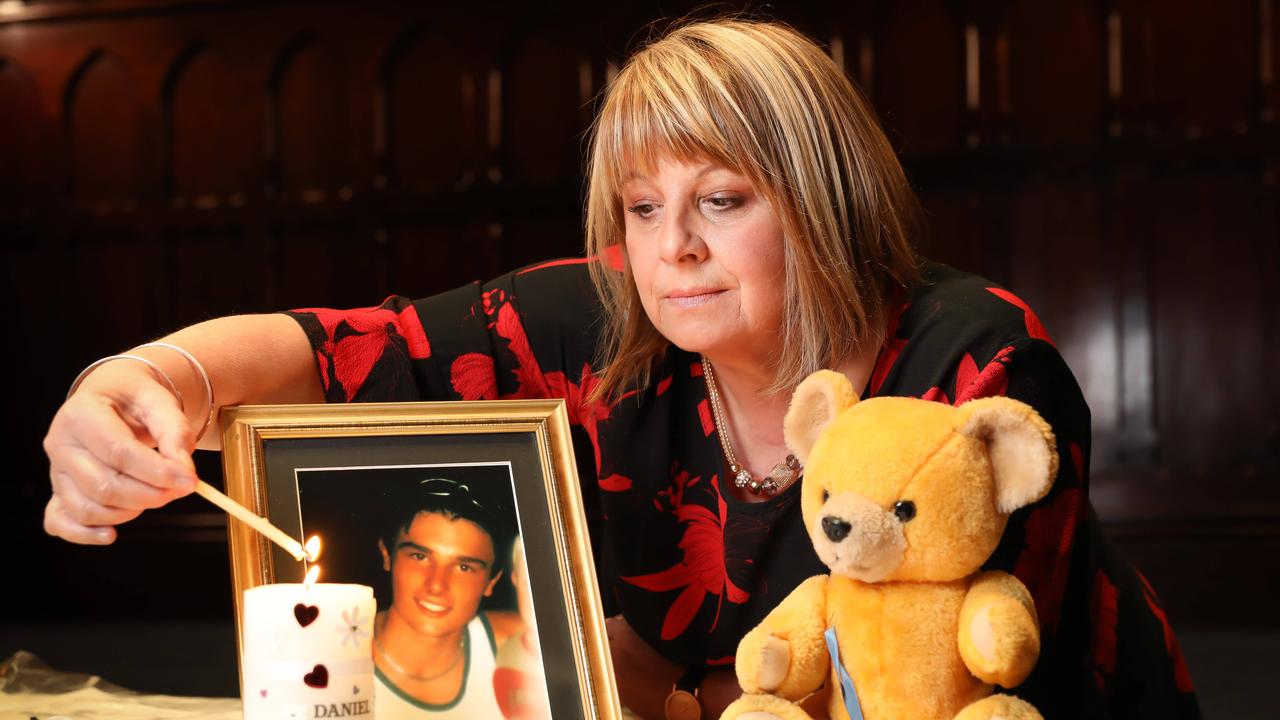
Add your comment to this story
To join the conversation, please log in. Don't have an account? Register
Join the conversation, you are commenting as Logout
Adelaide’s pioneering bid to end homelessness in the CBD
A new move to learn the names and stories of the homeless is driving a bid to cut Adelaide’s rough sleeper numbers to effectively zero. Roy Eccleston reports.
From YouTube to big screen: Adelaide’s car prankster’s directorial debut
They are the Adelaide brothers who became billion-view YouTube stars after an underwater car stunt gone wrong. Now the RackaRacka duo's debut feature film is about to hit the big screen at a gala event. Read their incredible back-story.